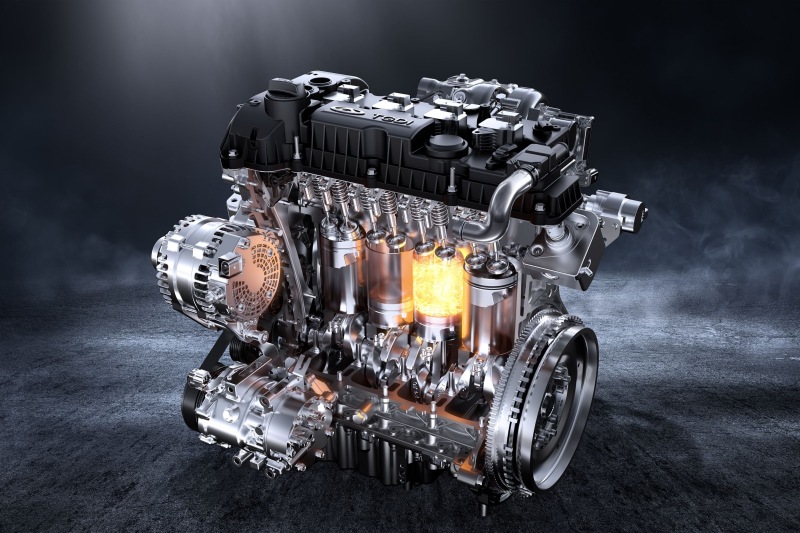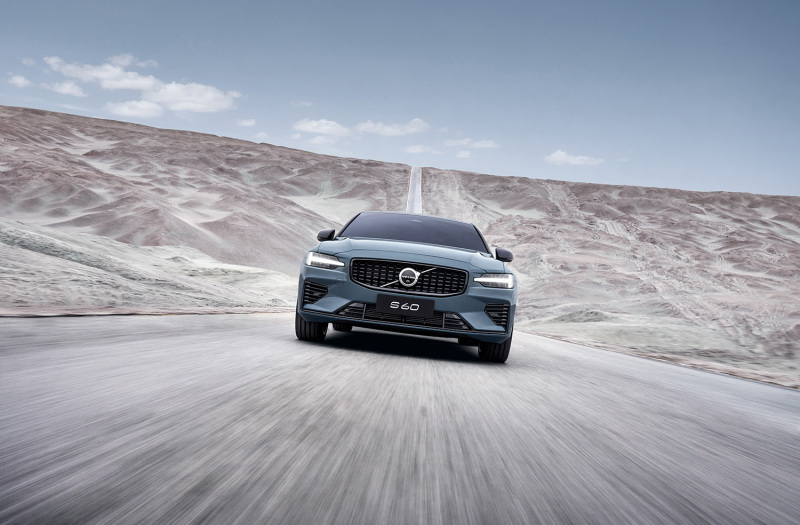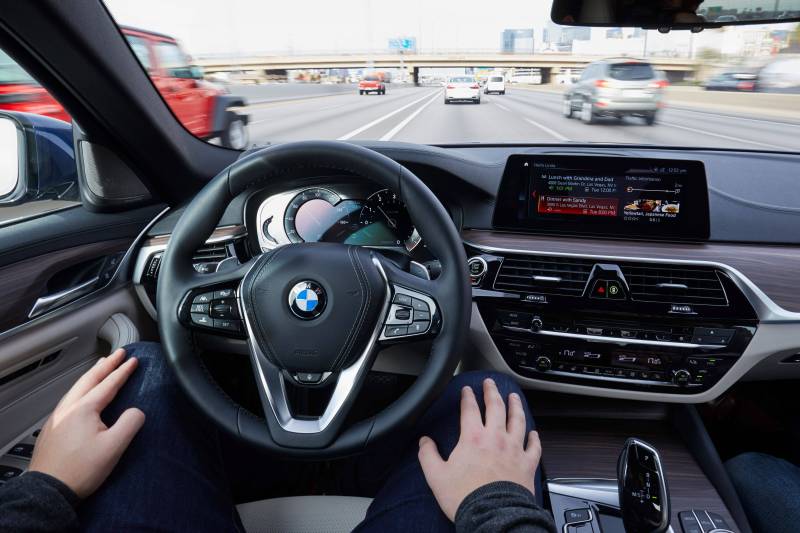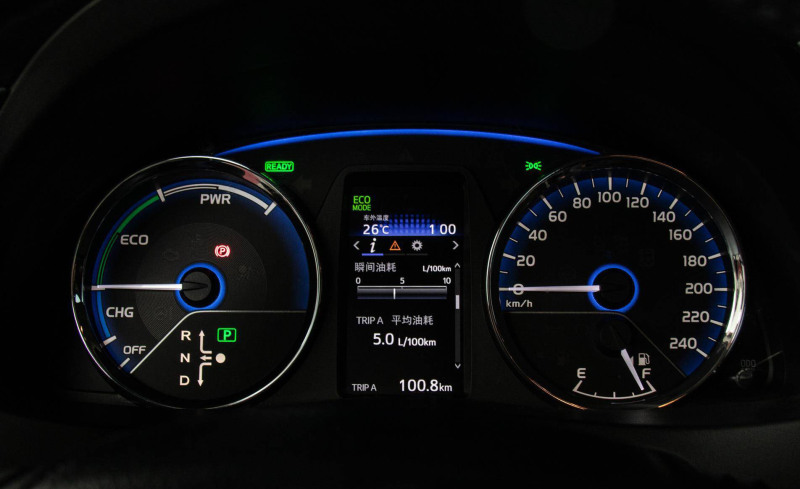Why do others save more fuel when driving? Decoding the three key factors affecting car fuel consumption
 LienSep 12, 2024, 12:16 PM
LienSep 12, 2024, 12:16 PM
If you've ever been part of a car enthusiasts group, you'll discover that the same model of car, some people only consume 5L of fuel per hundred kilometers, while your car consumes as much as 8L per hundred kilometers. If you calculate it, your car's yearly cost would be significantly higher than others. As an essential indicator of a vehicle's economic performance, fuel consumption is influenced by several factors. Developing good driving habits can help you reduce car costs. This article will deeply analyze the three key aspects that impact fuel consumption — the car itself, road conditions, and driving habits — from the three aspects.
1.Factors of the Vehicle Itself
The design and manufacturing characteristics of a vehicle play a decisive role in fuel consumption. First, engine technology is one of the core factors. From the early carburetor technology to modern direct-injection systems, the continuous improvement in engine technology has significantly improved fuel combustion efficiency. The direct-injection system reduces fuel consumption by controlling the injection volume and timing precisely, ensuring that fuel is thoroughly combusted in the cylinder. Besides, engine type, displacement, and compression ratio parameters also affect fuel consumption.

So, if you use your vehicle very frequently and drive over 20,000 kilometers a year, choosing a vehicle with advanced engine technology and low consumption is crucial. On the international market, Japanese and Korean cars primarily stand out for being fuel-efficient, while the new energy vehicles of Chinese brands also have excellent performance in terms of fuel consumption.
Aside from the engine, the vehicle's weight and wind resistance coefficient also play a significant role in determining fuel consumption. The lighter the vehicle, the less energy required when the vehicle is moving, and thus the lower the fuel consumption. The wind resistance coefficient reflects the amount of air resistance a vehicle faces when moving. The lower the wind resistance coefficient, the less the air resistance, and the lower the fuel consumption.
2. Road Condition Factors
The impact of road conditions on fuel consumption cannot be underestimated. In congested urban conditions, the frequent acceleration, deceleration, and idling not only increase the engine load, but also prevent the fuel from fully combusting, thereby increasing fuel consumption. By contrast, when traveling on well-paved roads like highways, vehicles can maintain relatively stable speed and RPM, allowing for more efficient fuel combustion and lower fuel consumption.

In addition, the slope and quality of the road will also have an impact on fuel consumption. Steep roads require vehicles to overcome gravity and do work, increasing fuel consumption; roads with poor surface quality increase the resistance to vehicle movement, also increasing fuel consumption.
3.driving habits
Driving habits are a factor that affects car fuel consumption later in life, but their influence cannot be ignored. Rapid acceleration and hard braking are one of the main reasons for increased fuel consumption. When a car accelerates rapidly, the engine needs to consume more fuel to provide power; on the other hand, hard braking turns the vehicle's kinetic energy into heat and dissipates it, wasting fuel. Therefore, good driving habits should maintain a constant speed, avoid rapid acceleration and hard braking.

In addition, unreasonable gear selection will also affect fuel consumption. During driving, you should choose the appropriate gear according to different road conditions and driving speeds. If the gear selection is unreasonable, such as using high gears at low speeds or low gears at high speeds, it will cause the engine to run unevenly and increase fuel consumption.

In summary, the fuel consumption of cars is influenced by three key factors: the car itself, road conditions, and driving habits. To reduce fuel consumption, we can start from these three aspects: choose models with better fuel economy, plan travel routes to avoid congested sections, and develop good driving habits, etc. Only in this way can we enjoy the convenience brought by cars and achieve more economical and environmentally friendly travel.
If any infringement occurs, please contact us for deletion
Trending News

Perodua Myvi and Bezza may undergo major upgrades in 2026
After the update, the Bezza will no longer be just a low-cost alternative but a core model in the Perodua system with greater market competitiveness and brand premium potential. The upgrade of the Myvi is not to be unconventional but to strengthen the brand and market, ensuring that the Myvi continues to maintain its irreplaceable position in the new round of product competition.

Perodua Traz VS Ativa, which one is more worth buying?
Traz, as a newly launched mid-sized SUV, offers more spacious room and mainstream power compared to small SUVs, but its pricing appears slightly higher than that of Ativa. Ativa, on the other hand, is Perodua's long-time best-selling small SUV with more affordable pricing and a balanced combination of power and tech features.

Will the Toyota Yaris Cross come to Malaysia? If it comes, how much will it sell for?
The launch of Perodua Traz indicates that the market size of small SUVs in Malaysia has been expanding in recent years. However, the question naturally shifts back to Toyota. As a brand with the most comprehensive product line and a strong foundation in both the SUV and hybrid sectors, will Toyota choose the Yaris Cross to participate in this small SUV competition?

Perodua Traz VS Toyota Yaris Cross, where does the Traz fall short?
Before the official launch of the Perodua Traz, market expectations were actually very high because it shares the same DNGA platform as the Toyota Yaris Cross. However, sharing the same platform does not equate to the same experience, and the Traz's final performance has indeed been disappointing. Perhaps it is precisely because of the delayed launch that it has almost no competitiveness in the current competitive environment.

Why is the Toyota Sienna so popular with so many people?
In Malaysia, most family MPVs choose Toyota Alphard, Vellfire, or Kia Carnival. These models each have their advantages in luxury, space, or brand influence, but models that truly balance large space, multifunctional practicality, fuel efficiency, and reliability are rarely seen.
Popular Cars
Model Year
Car Compare
Car Photo

